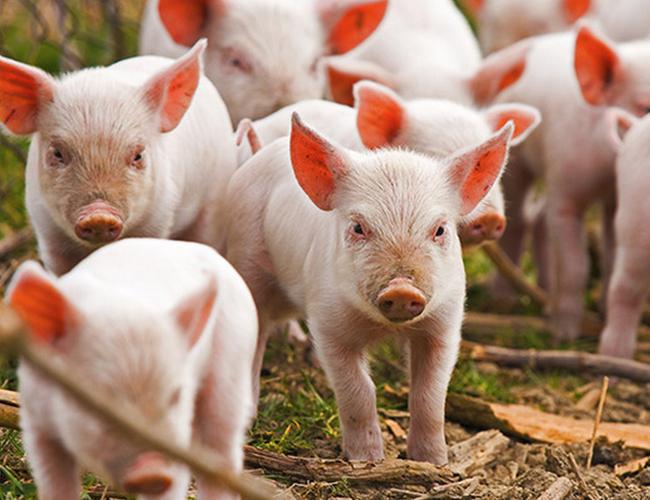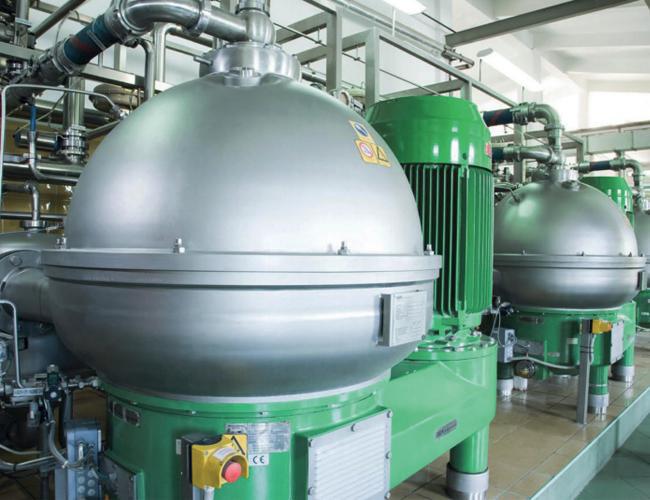An individual approach to each client is an integral part of Enzym’s success. Personal consultations with our highly qualified employees are available with the purchase of our products, and may help clients achieve their goals. Consultations on rational dietary supplements for animals, instructions for use and individually calculated dosage enable farms, agricultural firms and feed mills to increase their performance indicators. The result may be an increase in milk yield with the preservation of product quality and a significant increase in farm revenues.


Consultations include in-depth analysis of maintenance, microclimate and health conditions of farm animals, rationale for the proper use of active live feed yeast for different breeds, as well as effective advice on maximizing available resources. Enzym professionals work on developing a strategy for the appropriate use of probiotics for animals, pre-evaluate the effects of including dietary supplements into their diet and, if necessary, redesign maintenance and feeding conditions for the animals.
Our employees apply scientific methods to solve problems related to the specifics of each farm. When choosing dietary supplements, they take into account the animal species, sex, age, health status, as well as environmental factors. They also evaluate the microclimate of premises (lighting, temperature, humidity, ambient gas composition, presence of pathogenic microflora) and conduct a thorough analysis of factors that may have an adverse impact on the health and well-being of farm animals.

For example, low or high temperature (optimal is 20-24 C) may lead to lower milk yields and disrupt animal reproductive functions. Poor lighting often causes metabolic disorders, which adversely affect the functioning of all body systems, deteriorates digestion and nutrient absorption, as well as inhibits the growth and development of the musculoskeletal system.
Optimal doses of active live feed yeast are absolutely individual and depend on the species, sex and age of the animals: on average, 50 – 100 g of active live feed yeast per 1 t of feed for broilers, 200 g per 1 t of feed for piglets, 500 – 1.000 g per 1 t of feed for adult pigs, and 5 – 15 g per day per dairy cow. By making individual calculations of the required amount of probiotics per day, farmers are sure to obtain high quality dairy and meat products. Our professional employees will provide each customer with support and assistance in addressing technological feed problems due to a reasonable use of active live feed yeast.
